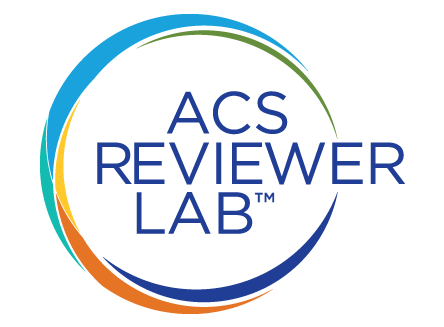On February 16, 2018, the local North Carolina chapter of ISMTE met at Research Square in Durham. The main goal of the meeting was an introduction to the American Chemical Society’s (ACS) new Reviewer Lab initiative. Technica Editorial was on hand for the presentation.
Jody Plank, Product Manager at ACS, was in town to introduce ACS’s new Reviewer Lab. According to Plank, the impetus for the Reviewer Lab was the paucity of substantive training material on courses to help teach new scientists how to complete a peer review. Of the 50 top research institutions, only one (Northwestern University) offers a comprehensive peer review course for scientists, with most researchers learning the ins and outs of peer review from mentors and/or simple trial and error.
The Reviewer Lab features six modules that take potential reviewers through the entire peer review process, covering everything from ethical issues to technical assessment to how to actually write your review. ACS conducted extensive beta testing with both veteran and early career researchers for each module to ensure their effectiveness. Many sections within the modules include optional exercises to help users better understand the material within. According to Plank, all six modules received high feedback from beta testing.
Once a reviewer has worked through all six modules, a comprehensive final assessment is to be completed within 30 days. Once the final assessment is passed, a reviewer will receive a certificate of completion, which will also be noted in the reviewer’s Paragon Plus account. Per the beta testing and early reviews, it is noted that it takes on average about two hours to complete the lab and pass the final assessment.
The Reviewer Lab is designed to cover multiple research fields, not just science. The program was first launched in August of 2017 with an expanded launch planned for later 2018. Non-chemists are welcome to utilize the Reviewer Lab for free, although an ACS ID is required. Plank stated that ACS is currently working on translating the course into both Chinese and Japanese in order to reach a wider reviewer base. For more information on the ACS Reviewer Lab, visit https://www.acsreviewerlab.org/.





